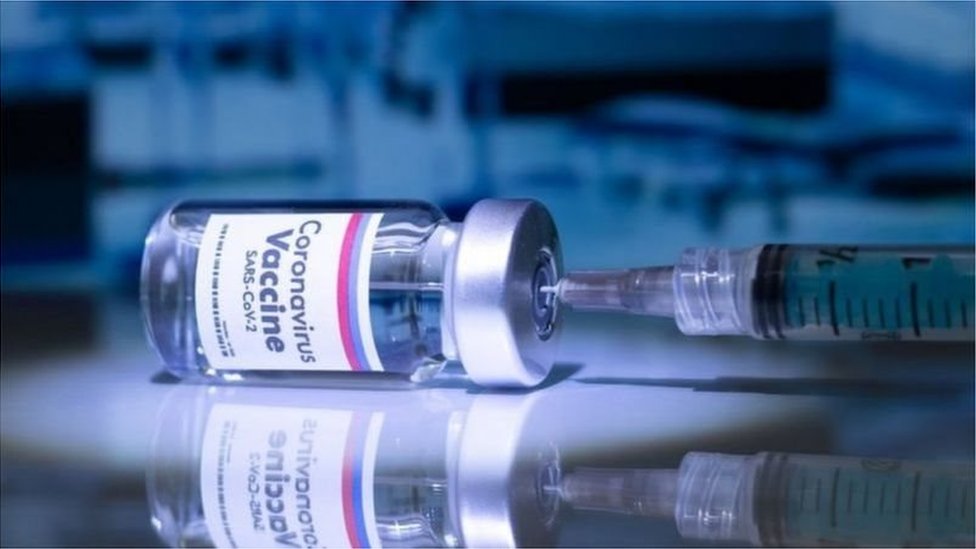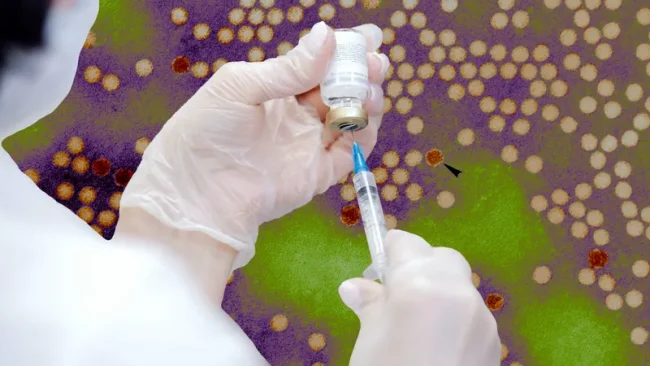
Russia Developing World’s First Effective AIDS Vaccine
Russia is on track to develop the world’s first effective vaccine against AIDS, a potentially groundbreaking step in the global fight against the deadly HIV virus.
According to Russia Today, citing state-owned news agency RIA Novosti, Russia’s leading research institution — the Gamaleya National Center for Epidemiology and Microbiology — has already begun work on the vaccine. If all goes according to plan, the vaccine could be ready for market release within the next two years.
Dr. Vladimir Gushchin, head of the Center’s Epidemiology Department, stated that the AIDS vaccine is being developed using mRNA technology, the same approach that proved highly successful in the fight against COVID-19. Instead of introducing the whole virus into the body, this method uses a genetic component — a specific protein — to trigger a powerful immune response.

“We are developing an antigen that can generate a broad and effective immune defense when introduced into the human body,” said Dr. Gushchin. “Preliminary research has already begun.”
AIDS (Acquired Immunodeficiency Syndrome) is a collection of symptoms and conditions that appear in the late stages of infection by the HIV (Human Immunodeficiency Virus). HIV attacks the body’s immune system, weakening it to the point that even minor infections can become life-threatening.
HIV is commonly transmitted through:
- Unprotected sexual contact
- Reuse of contaminated injection needles
- From an infected mother to her child during childbirth or breastfeeding
The first case of AIDS was identified in the United States in 1981, and in the same year, the Centers for Disease Control and Prevention (CDC) detected the HIV virus.
According to the World Health Organization, nearly 1 million people died from AIDS-related causes in 2018. However, over the past decade, both infection and mortality rates have steadily declined. Recent estimates from the United Nations suggest that approximately 1.3 million people were living with AIDS in 2024 — a 40% drop compared to 2010.
Many countries have previously attempted to develop an AIDS vaccine, but none have yet succeeded in producing an effective version. However, expectations are high for this latest effort by the Gamaleya Center, which was also behind Sputnik V — one of the world’s first effective COVID-19 vaccines, with an efficacy rate of over 97% and distribution in more than 70 countries.
This track record has raised significant hope among global researchers that Gamaleya’s HIV vaccine could succeed where others have failed. If successful, this vaccine would mark a historic milestone in global health and potentially save millions of lives.
